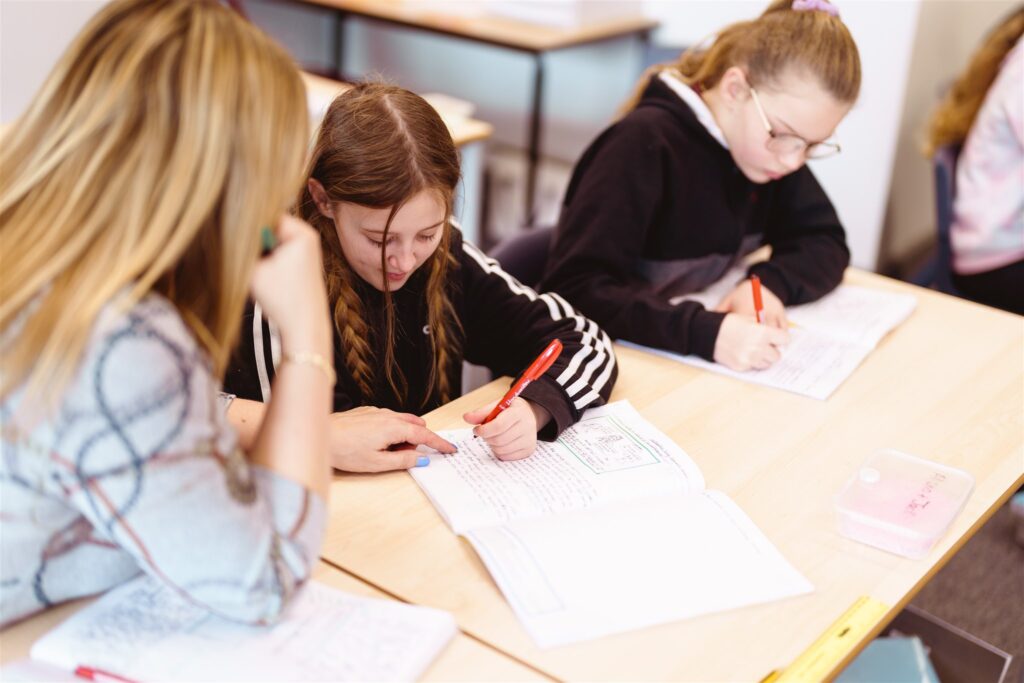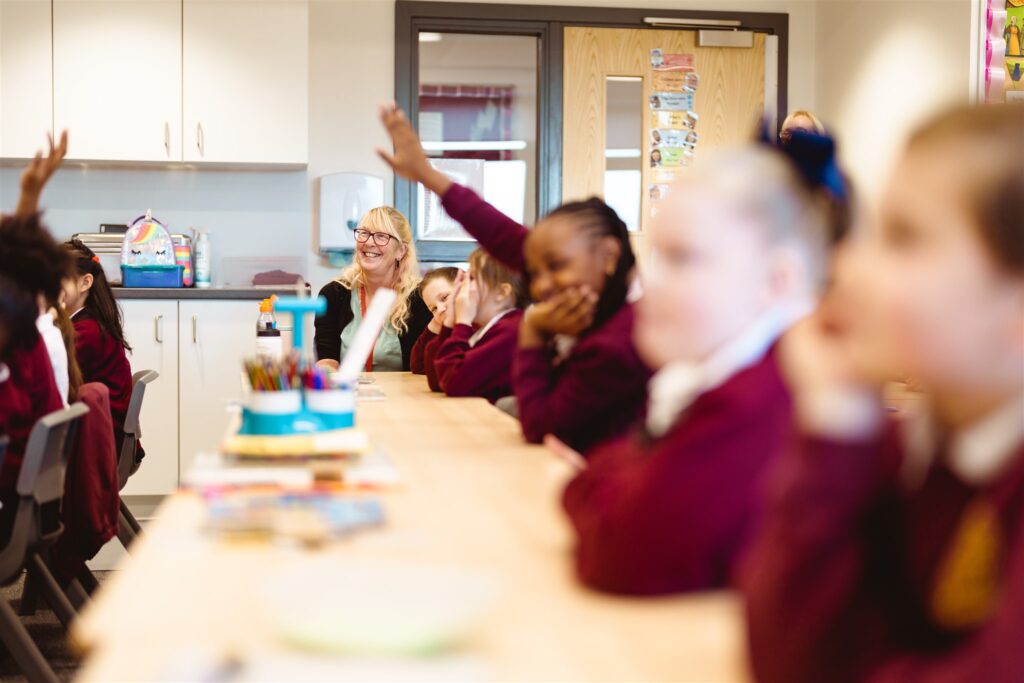Intent
The principal aim of Religious Education at North Denes is to enable pupils to become religiously literate, thereby having the ability to hold balanced and well-informed conversations about religion and worldviews. Pupils will be able to make sense of religion and worldviews around them and begin to understand the complex world in which they live.
RE will enable pupils to become free thinking and equip them with the ability to discuss and make academically informed judgements about important matters of religion and belief which shape the local and global landscape.
Through the teaching of RE, children will have skills to:
As theologians:
● analyse a range of primary and secondary sources
● understand symbolic language
● use technical terminology effectively
As philosophers:
● interpret meaning and significance
● evaluate and reflect on beliefs and ethics and how they impact upon the lives of
others and themselves
● refine the way they think about the world and their place in it
● consider moral principles, including the nature of good and evil
As human/social scientists:
● respectfully critique and value the wide range of beliefs and cultural influences that
have shaped their own heritage and that of other, considering bother differences and
commonalities
● recognise bias and stereotypes
● represent a range of views other than their own with accuracy
Implementation
North Denes Primary uses the Norfolk Agreed Syllabus for Religious Education as the basis
for our curriculum. At North Denes Primary it has been agreed that having taken into account
the requirements and guidelines presented in the Agreed Syllabus, the following religions will
be studied:
● Christianity
● Judaism
● Islam
● Sikhism
● Humanism
● Buddhism
In the Early Years Foundation Stage learning outcomes are referenced to Christianity and,
as appropriate, a range of other beliefs and cultures.
KS1 – Christianity and Judaism are studied and Islam is referenced.
KS2 – Christianity, Islam and Hinuduism are studied and Sikhism, Humanism and Buddhism
are referenced.
We value the religious background of all members of the school community and hope that
this will encourage children to share their experiences and beliefs freely. All religions are
treated with respect and sensitivity.
Impact
The children at North Denes Primary School enjoy learning about other religions and why
people choose, or choose not to follow a religion. Through their R.E. learning, the children
are able:
● to make links between their own lives and those of others in their community and in
the wider world
● develop an understanding of other people’s cultures and ways of life
● extend their knowledge and understanding of religions and beliefs
● develop a religious vocabulary
● reflect on questions of meaning, offering their own thoughtful and informed insights
into religious and secular world-views
● explore ultimate questions of beliefs and values in relation to a range of
contemporary issues in an ever-changing society


Quick Links
Home
Policies
Curriculum
Contact Us
Contact Us
North Denes Primary School
Jellicoe Road
Great Yarmouth
NR30 4HF
office@northdenes.norfolk.sch.uk
Tel . 01493 842063